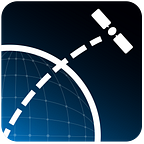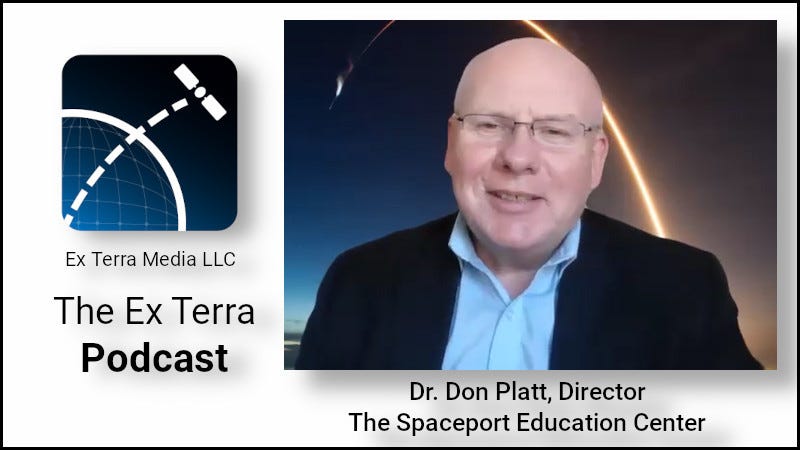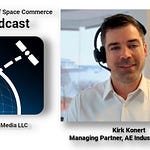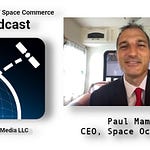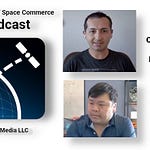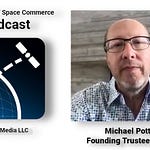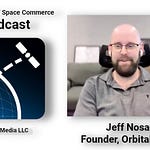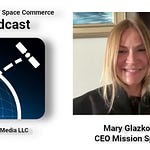On this edition of The Ex Terra Podcast, Tom Patton talks with Dr. Don Platt, Director of The Spaceport Education Center at the Florida Institute of Technology (FIT).
"I had a mentor who liked to say that the 20th century was the age of the specialist, and the 21st century was going to be the age of the generalist. Especially in a small company you're going to have a variety of different responsibilities.”
Dr. Don Platt
The Spaceport Education Center (SEC) is a satellite campus of FIT specializing in graduate-level programs. Their Master of Science in Space Systems is taught by experienced professionals with real-world space industry backgrounds.
The center is Located next to Cape Canaveral, a real advantage for integration with industry. Its programs are relevant to current and future needs, including launch operations, mission design, and systems integration.
Dr. Platt has a longstanding reputation in aerospace engineering and systems design, and is known for blending academia and industry needs, not just ivory tower leadership.
Dr. Platt said that the nature of the work is changing, and the workforce has to change with it.
"I had a mentor who liked to say that the 20th century was the age of the specialist, and the 21st century was going to be the age of the generalist. Especially in a small company you're going to have a variety of different responsibilities. Every project you might have a somewhat different role," Platt said. "No longer do you call in a specialist who, all he does is write computer software to create a calculation for a thermal analysis of a very specific system on a spacecraft. Most of the people working in these smaller companies might have to design the entire thermal control system and be well aware of how it interacts with every other component on the spacecraft and how cooling on one component can have a ramification for an adjacent component. So yes, it's definitely a very different environment in a small company where you're doing many things, and interacting with a fewer number of people. But all of the people you're working with have a varied background as well."
Dr. Platt said that students in the program range from undergrads hoping to work in the Space 2.0 industry to NASA employees and members of the U.S. Space Force, many of which are stationed at nearby Patrick Space Force Base.


